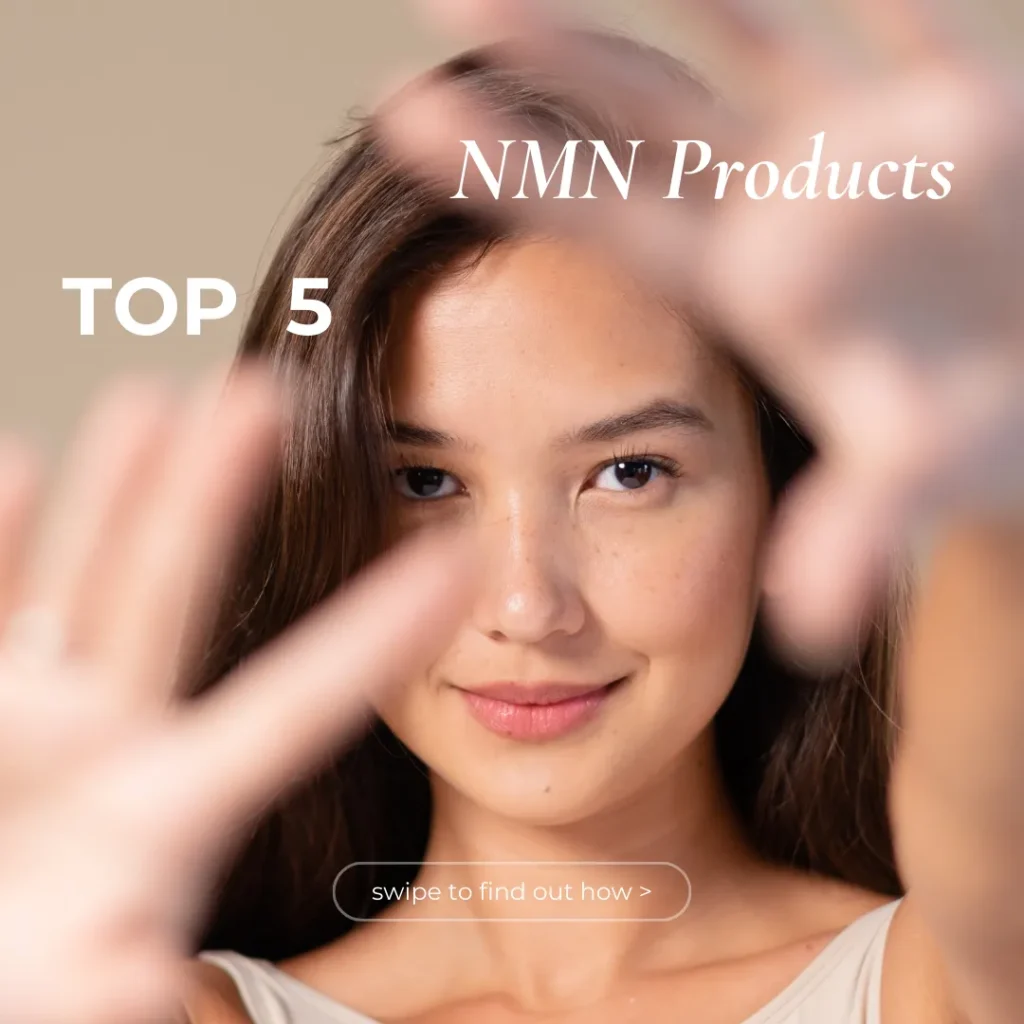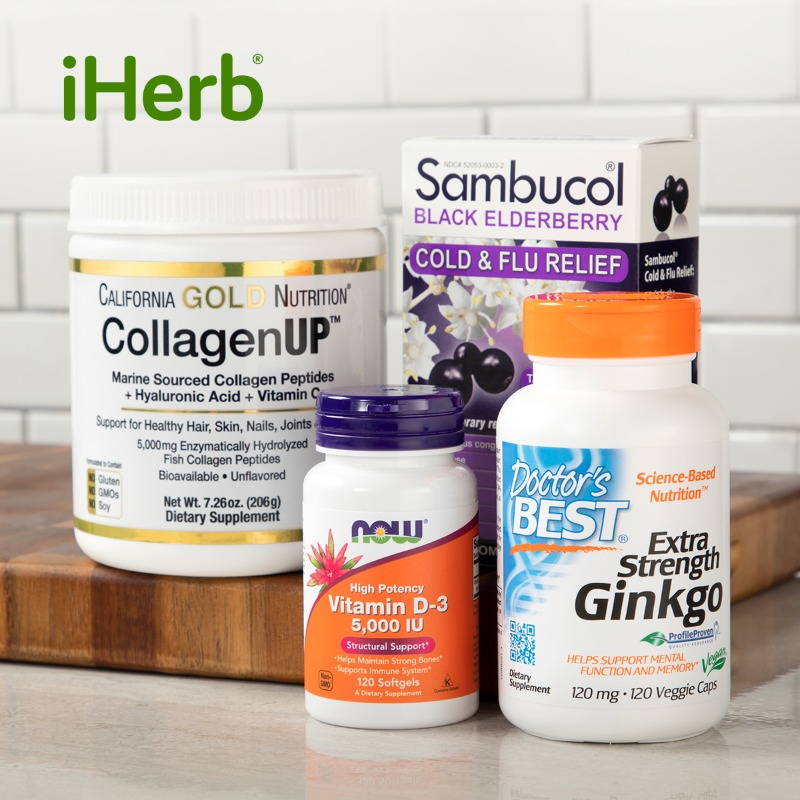Don’t Buy NMN Before Reading This. What Is NMN?
Introduction
In the realm of scientific exploration, a compound known as “NMN” has garnered significant attention for its ability to mimic the aging process in animal cells. This article aims to delve into the origins, potential benefits, and current market landscape of NMN.
Understanding NMN
NMN, short for Nicotinamide Mononucleotide, is a derivative of vitamin B3 naturally present in various plants and animals such as broccoli, cabbage, avocado, tomatoes, beef, and shrimp. However, its concentration in these sources is minimal, making it challenging to meet daily intake through regular dietary habits.
The Link Between NMN and Aging
Through animal experiments, researchers have discovered a potential correlation between NMN and cellular aging and metabolism. This has led to speculation about its anti-aging properties and the possibility of extending lifespan.
The Rise of NMN in the Health Industry
Over the past five years, the fields of nutrition and health have shown a keen interest in NMN. Taiwanese brands have also joined the trend, introducing health products related to NMN.
Sirtuins and NAD+: Foundations Before NMN
Before delving into NMN, it’s crucial to mention the key genes “Sirtuins” and the essential molecule “NAD+.” In 2000, MIT’s biology team discovered Sirtuins’ impact on lifespan in yeast cells, a finding that extended to certain lower organisms like flies and mosquitoes. These genes also exist in mammals, with seven Sirtuins genes identified.
Activating the anti-aging Sirtuins genes requires NAD+, a molecule taught in every high school biology textbook. However, NAD+ cannot be directly supplemented; it is formed from nutrients like NMN and tryptophan through digestion, absorption, and metabolism.
Natural Sources of NMN
NMN-rich foods include broccoli, avocado, cabbage, tomatoes, mushrooms, raw beef, and shrimp. However, the natural concentration of NMN in these foods is low, with one kilogram of broccoli containing approximately 7 milligrams of NMN.
The Potential Benefits of NMN
Based on animal experiments, NMN is speculated to offer various benefits, including:
- Anti-vascular aging
- Increased muscle endurance and strength
- Reduced risk of heart disease
- Lower risk of obesity
- Improved mitochondrial function
Despite the anticipated benefits, the scientific community remains cautious due to the lack of human clinical trials, highlighting significant physiological differences between species.
NMN’s Safety Profile
Although opinions on NMN’s efficacy vary, its safety as a dietary supplement is generally high. A clinical trial in 2020 with ten healthy males consuming 100-500 milligrams of NMN showed only mild increases in serum bilirubin, with no severe side effects observed.
Expert Opinions and Regulatory Challenges in Taiwan
In Taiwan, NMN health products exist in a regulatory gray area. The Taiwan Food and Drug Administration has not officially recognized NMN as a food ingredient or additive, making it illegal to manufacture, sell, import, or export high-concentration NMN health products.
However, the market is flooded with NMN products. Some reasons include:
1. Illegal Reselling of Foreign Goods
Buying NMN through overseas channels is technically illegal. In countries with lax food regulations, consumers can easily purchase NMN products online or at pharmacies.
As of now, Taiwan’s FDA has not approved the import of high-concentration NMN, but unscrupulous sellers bypass formal import procedures, smuggling foreign NMN health products and marketing them as “overseas purchases.”
2. Similar Ingredients to NMN
Due to regulatory loopholes, any product can be labeled as NMN, regardless of its actual NMN content. This ambiguity allows products to substitute ingredients like broccoli extract, avocado extract, vitamin B3, and niacinamide for NMN.
3. Non-compliance with Regulations
Some products intentionally mislead consumers. This not only violates food safety laws but also poses risks to human health. Such practices, including inaccurate labeling, can result in fines of up to 4 million NT dollars and, if health is compromised, criminal penalties of unlimited imprisonment and fines up to 2 billion NT dollars.
Catalo Naturals, NMN 15000 Youth Rejuvenator, 60 Vegetarian Capsules

Conclusion
While NMN holds promise as a potential anti-aging supplement, its effectiveness remains unproven, and its legality in Taiwan is in question. Consumers are urged to be cautious and avoid purchasing NMN products of unknown origin, emphasizing the importance of adherence to regulations for both buyers and sellers.
FAQs
1. Is NMN legal in Taiwan?
As of now, NMN is not officially recognized as a legal food ingredient in Taiwan, making its sale and distribution questionable.
2. Are there genuine NMN products in the market?
The market is flooded with NMN products, but due to regulatory gaps, it’s challenging to verify their authenticity and actual NMN content.
3. What are the potential health risks of consuming NMN?
While NMN is generally considered safe, its long-term effects and potential health risks in humans are yet to be fully understood due to the lack of extensive clinical trials.
4. Can NMN truly reverse aging?
The current scientific understanding is based on animal experiments, and whether NMN can reverse aging in humans remains uncertain.
5. How can consumers ensure the authenticity of NMN products?
Consumers should only purchase NMN products from reputable sources that adhere to regulatory guidelines and provide transparent information about their products.






